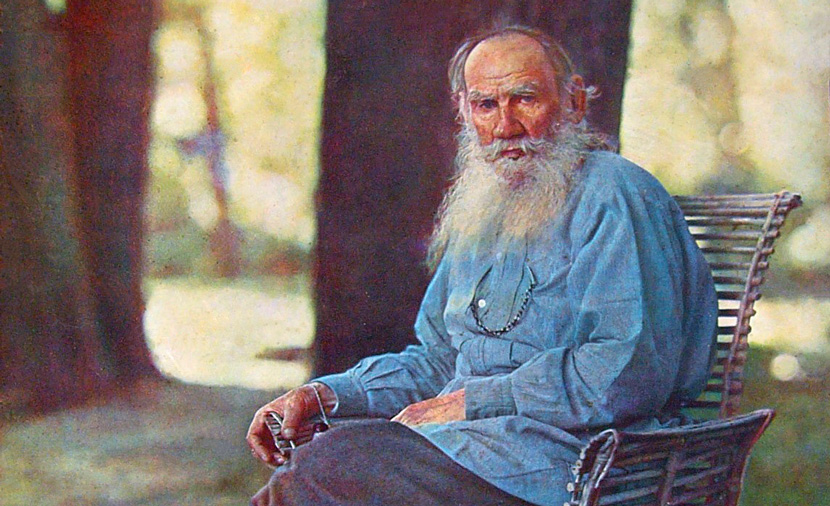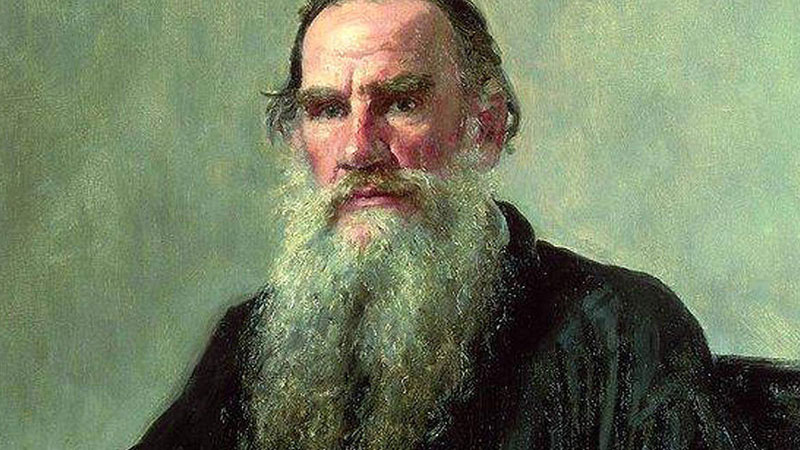
Leo Tolstoy was not just a literary genius but also a philosopher of hope, love, and moral awakening. His masterpieces, like War and Peace and Anna Karenina, delve deep into the human soul, exploring themes of redemption, resilience, and the search for meaning. But beyond his novels, Tolstoy’s greatest gift to the world was his belief in the power of kindness, simplicity, and truth.
Later in life, he embraced a vision of peace, nonviolence, and spiritual awakening, inspiring leaders like Mahatma Gandhi and Martin Luther King Jr. He believed that true change begins within the heart of each person—that love, faith, and moral courage could transform society. His writings remind us that no matter how complex life seems, goodness and sincerity can guide us to a brighter, more meaningful existence.
Tolstoy’s legacy is one of hope—that through self-reflection, compassion, and a commitment to truth, humanity can move toward a more just and peaceful world. His words continue to inspire those searching for purpose, reminding us that even in life’s struggles, love and wisdom light the way forward.

Leo Tolstoy, the literary giant who gifted the world with masterpieces like “War and Peace” and “Anna Karenina,” is a complex figure, but ultimately, his life offers a powerful message of hope.
Tolstoy’s hope wasn’t always a straightforward thing. He wrestled with deep existential questions, grappling with themes of life, death, faith, and the meaning of existence. He experienced periods of intense spiritual crisis and doubt, yet he never stopped searching for truth and meaning.
His hope lay in his relentless pursuit of understanding. He questioned societal norms, challenged the status quo, and delved into the depths of human nature. He believed in the power of love, compassion, and simplicity. He advocated for non-violence and social justice, ideas that resonated with figures like Mahatma Gandhi.
Tolstoy’s hope was rooted in his belief in the inherent goodness of humanity. Despite witnessing the horrors of war and social inequality, he maintained faith in the potential for human beings to evolve and create a better world.
His works, though often exploring dark themes, ultimately offer hope by illuminating the human condition with honesty and empathy. He reminds us of our capacity for love, forgiveness, and self-discovery.
Tolstoy’s life journey, marked by both turmoil and profound insight, serves as a testament to the enduring power of hope. It reminds us that even in the face of life’s greatest challenges, the search for meaning, love, and truth can lead us to a deeper understanding of ourselves and the world around us.